Homeowner’s Insurance
A homeowners insurance policy will protect you against certain losses and damage to your new home and is generally required by lenders prior to closing. Some lenders will collect the money you owe for homeowners insurance as part of your monthly mortgage payment and place it in an escrow account, paying the insurer on your behalf when the bill is due.
Coverage exclusions:
Most insurance policies do not cover flood or earthquake damage as a standard item. You may need to buy these types of coverage separately.
Dollar limitations on claims:
Even if you are covered for a risk, there may be a limit on how much the insurer will pay. For example, many policies limit the amount paid for stolen jewelry unless items are insured separately.
Replacement cost:
If your home is destroyed, you’ll receive money to replace it only to the maximum of your coverage, so be sure your insurance is sufficient. This means that if your home is insured for $150,000 and it costs $180,000 to replace it, you’ll still receive only $150,000.
Actual cash value:
If you choose not to replace your home when it’s destroyed, you’ll receive replacement cost minus the depreciation. This is what’s referred to as actual cash value.
Your liability:
Generally, your homeowner’s insurance covers your liability for accidents that happen to other people on your property, including medical care, court costs, and awards by the court. However, there is usually an upper limit to the amount of coverage provided. Be sure that amount is sufficient, especially if you have significant assets.
Lower Your Homeowner’s Insurance Costs
The first step is to shop around; quotes on the same home can vary significantly from company to company.
Review the Comprehensive Loss Underwriting Exchange report.
CLUE reports detail the property’s claims history for the last five years, which insurers may use to deny coverage. Make the sale contingent on a home inspection to ensure that problems identified in the CLUE report have been resolved.
Seek insurance coverage as soon as your offer is approved.
You must obtain insurance in order to buy your home. And you don’t want to find out at closing time that the insurer has denied you coverage.
Maintain good credit.
Insurers often use credit-based insurance scores to determine premiums.
Buy your homeowner’s and auto policies from the same company.
Companies will often offer a bundling discount. But make sure the discount really yields the lowest price.
Raise your deductible.
If you can afford to pay more toward a loss that occurs, your premiums will be lower. Also, avoid making claims for losses of less than $1,000.
Ask about other discounts.
For example, retirees who tend to be home more than full-time workers may qualify for a discount on theft insurance. You also may be able to obtain discounts for having smoke detectors, a security system, and high-quality locks.
Seek group discounts.
If you belong to any associations or alumni organizations, check to see if they offer deals on coverage.
Conduct an annual review.
Take a look at your policy limits and the value of your home and possessions every year. Some items depreciate and may not need as much coverage.
Investigate a government-backed insurance plan.
In some high-risk areas, the federal or state government may back plans to lower rates. Ask your agent what’s available.
Insure your house for the correct amount.
Remember, you’re covering replacement cost, not market value.
